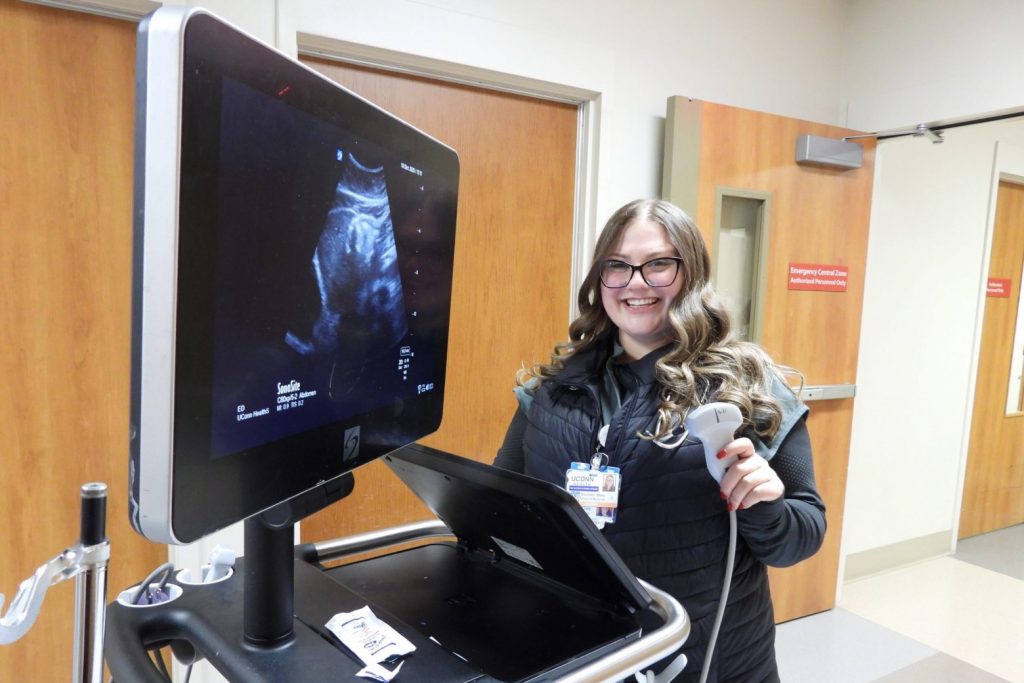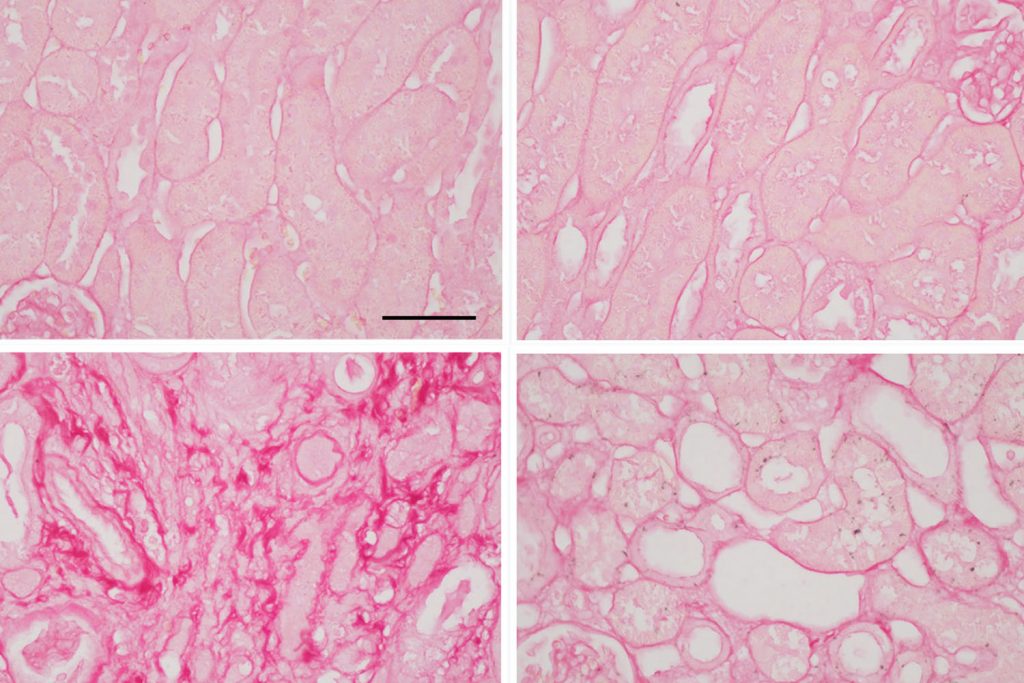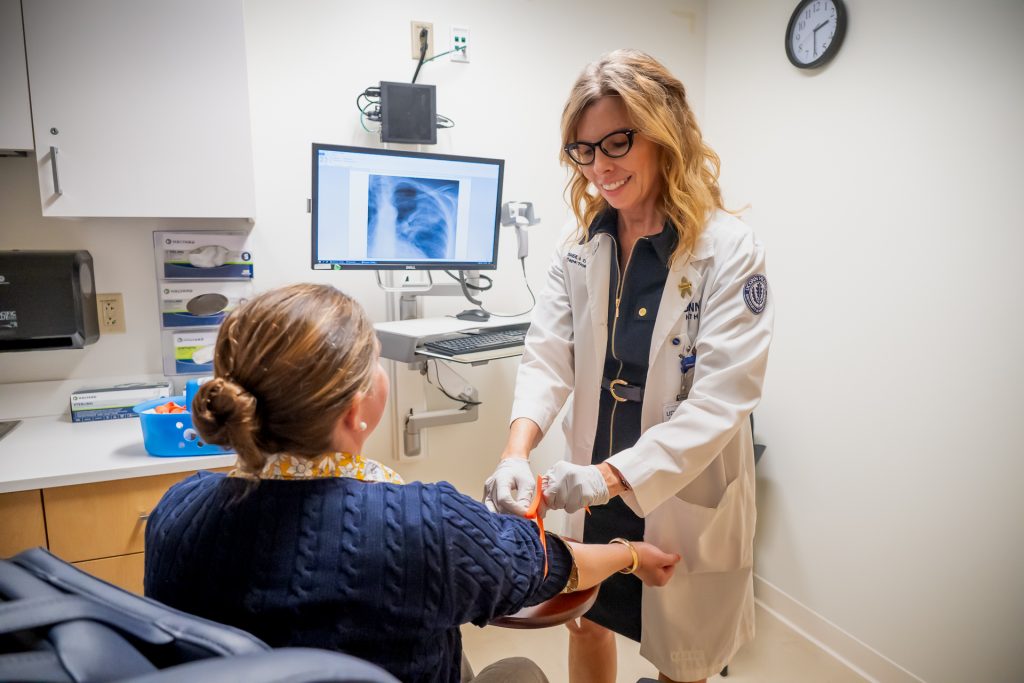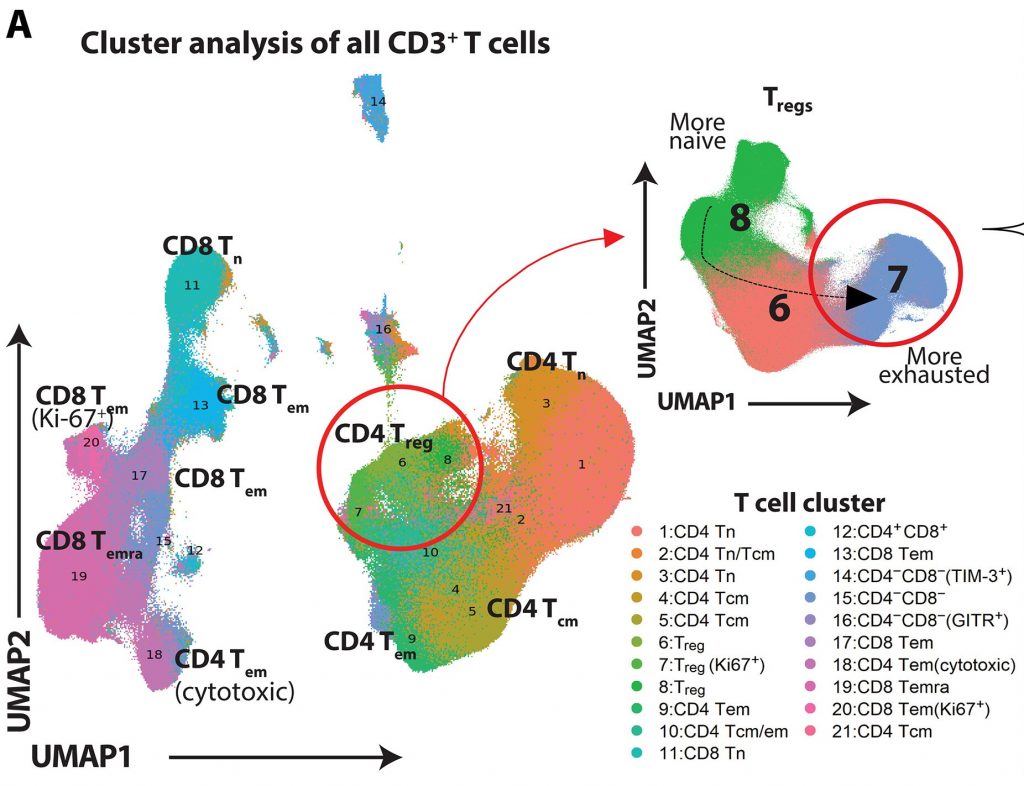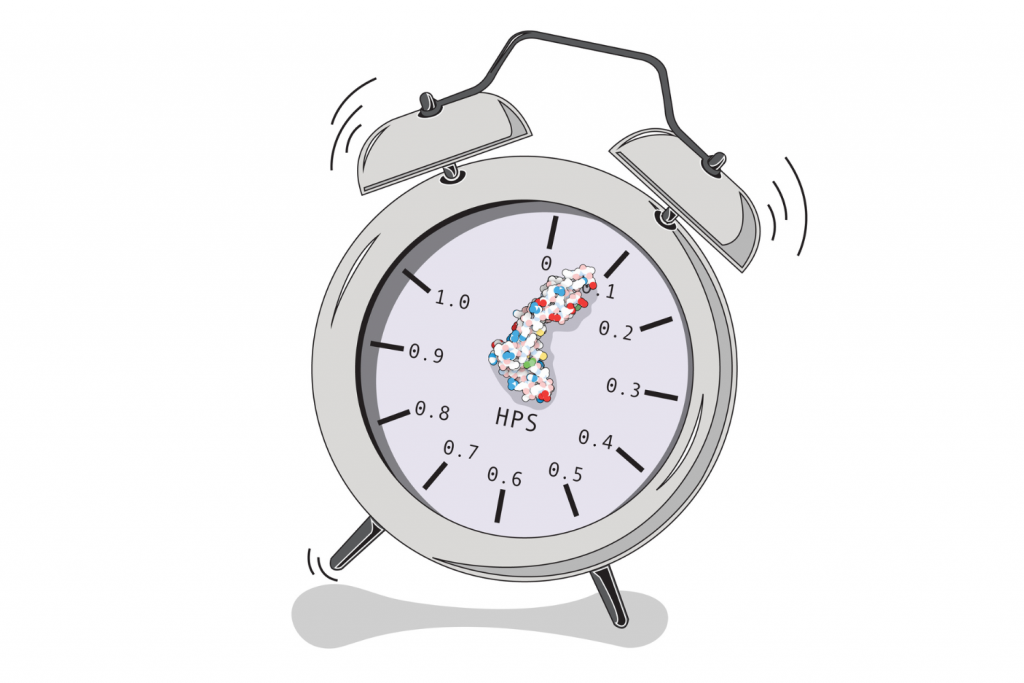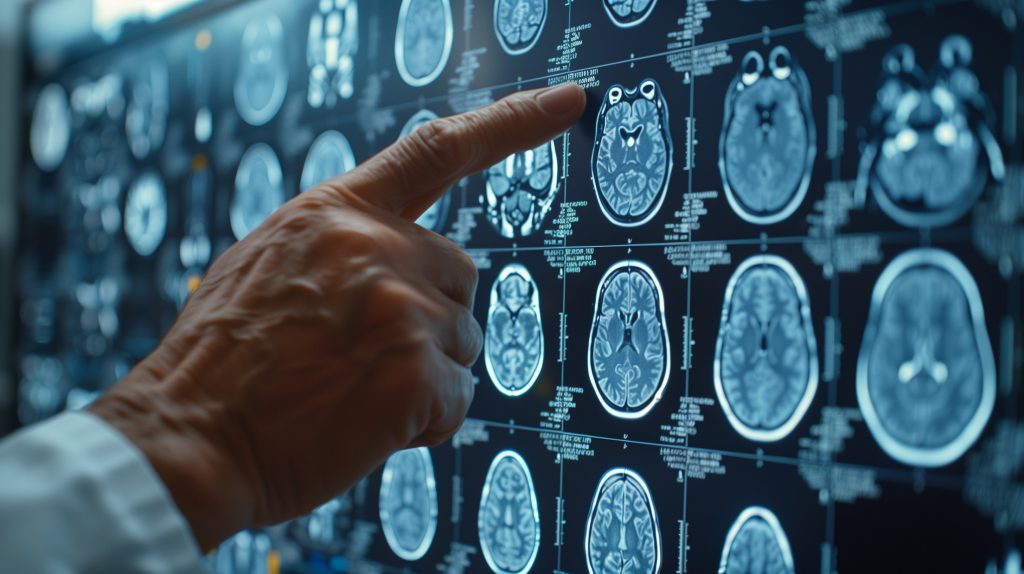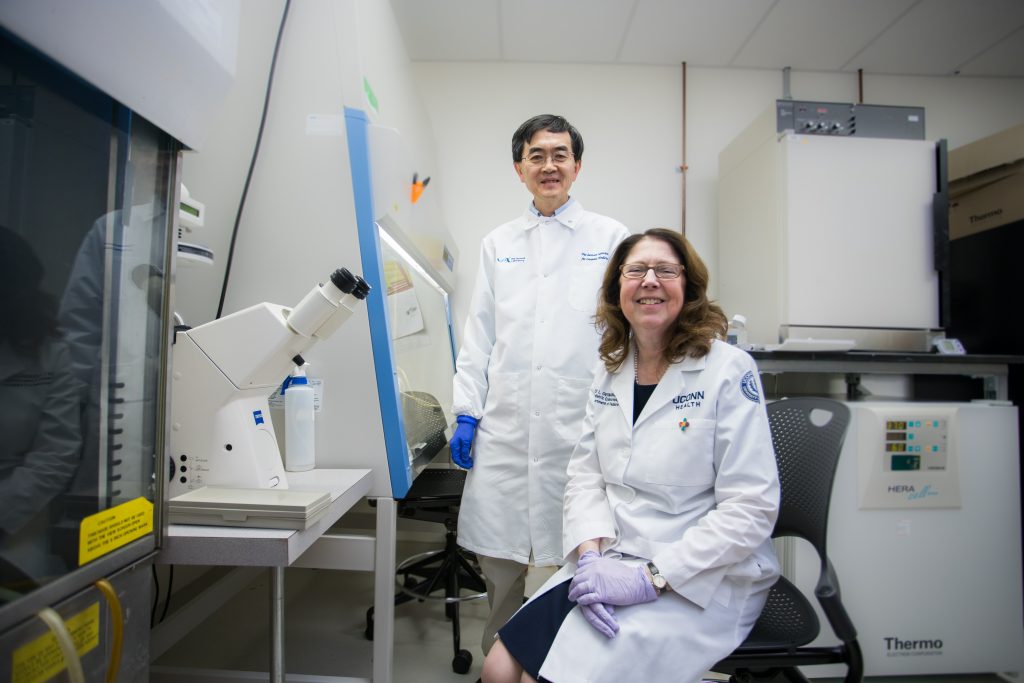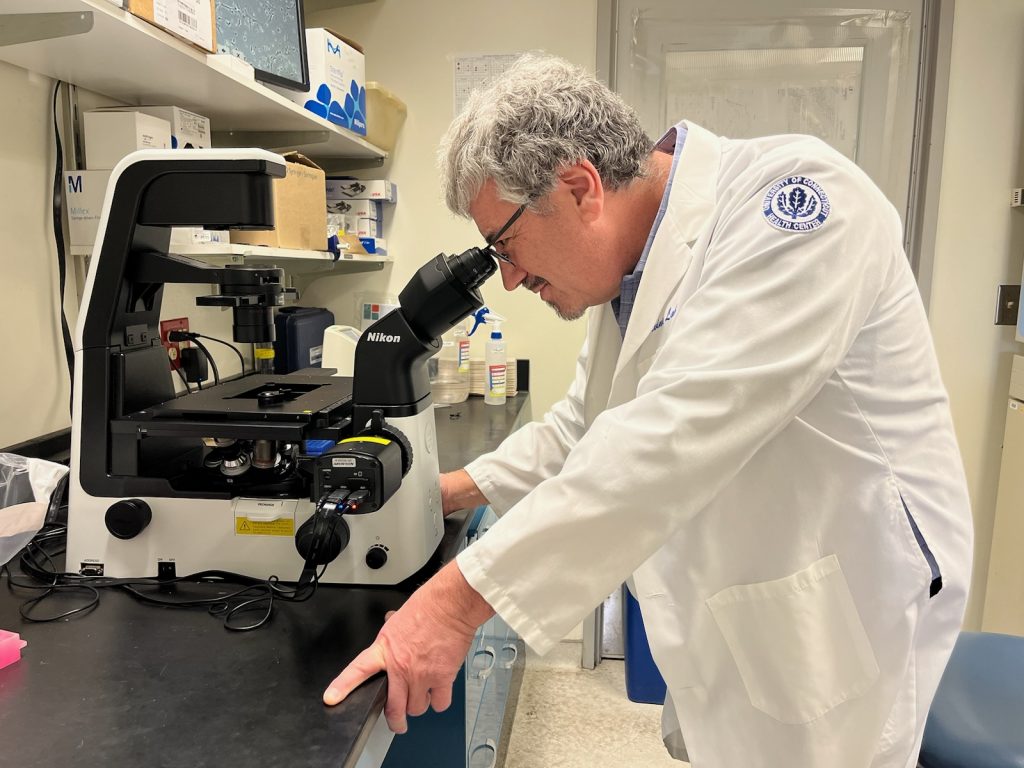Lab Notes
UConn Medical Students Always Advancing Scientific Knowledge
The highly successful Summer Research Program is powered by generous donations to the Dean’s Discovery Fellowship Fund
December 17, 2025 | Lauren Woods
Understanding the Scars of Kidney Disease
About one in seven American adults has chronic kidney disease
December 10, 2025 | Kim Krieger
Clinical Research Center Makes a Real Difference in Patients’ Lives (and Clinical Trials)
UConn School of Medicine is home to the tireless teamwork of the Clinical Research Center supporting over 80 clinical trials.
September 17, 2025 | Lauren Woods
Blocking Cancer Cells from Spreading
Published findings in Science Translational Medicine identify a future biomarker that may help match a melanoma patient with the right therapy for them.
August 20, 2025 | Combined Reports
Air Purifiers May Reduce Heart Risks for People Exposed to Traffic Pollution
UConn School of Medicine study finds in-home HEPA air filters significantly lowered systolic blood pressure in adults with elevated readings.
August 6, 2025 | JACC
Scientists Develop New Blood-Based Proteomic Score to Predict Healthspan and Disease Risk
UConn School of Medicine study published in PNAS introduces Healthspan Proteomic Score as a biomarker for healthy aging
June 9, 2025 | Combined Reports
Supervised Exercise Improves Broken Hip Outcomes in Older Women
JAMA Network Open Publishes Study Results of the STEP-HI Clinical Trial, Finding That Testosterone Gel Use in Women Recovering from Hip Fracture Does Not Improve Outcomes Compared to Supervised Exercise Alone
May 15, 2025 | Combined Reports
UConn Uncovers New Clue on What is Leading to Neurodegenerative Diseases Like Alzheimer’s and ALS
Decreased levels of TDP-43 gene inside the nucleus of endothelial cells is disrupting blood-brain barrier’s protection
March 14, 2025 | Lauren Woods
Next Generation of Weight Loss Drugs Being Researched at UConn
Nearly 30 years later Dr. Se-Jin Lee’s discovery of myostatin is not only leading to treatment for spinal muscular atrophy but also fueling the global obesity drug research race
February 25, 2025 | Lauren Woods
Eagles Autism Foundation Awards Research Funding to UConn School of Medicine
Cutting-edge autism research of UConn Neuroscientist Dr. Eric Levine and his Lab wins $400,000 in research funds thanks to football fans donating to the annual Eagles Autism Challenge
February 6, 2025 | Lauren Woods
